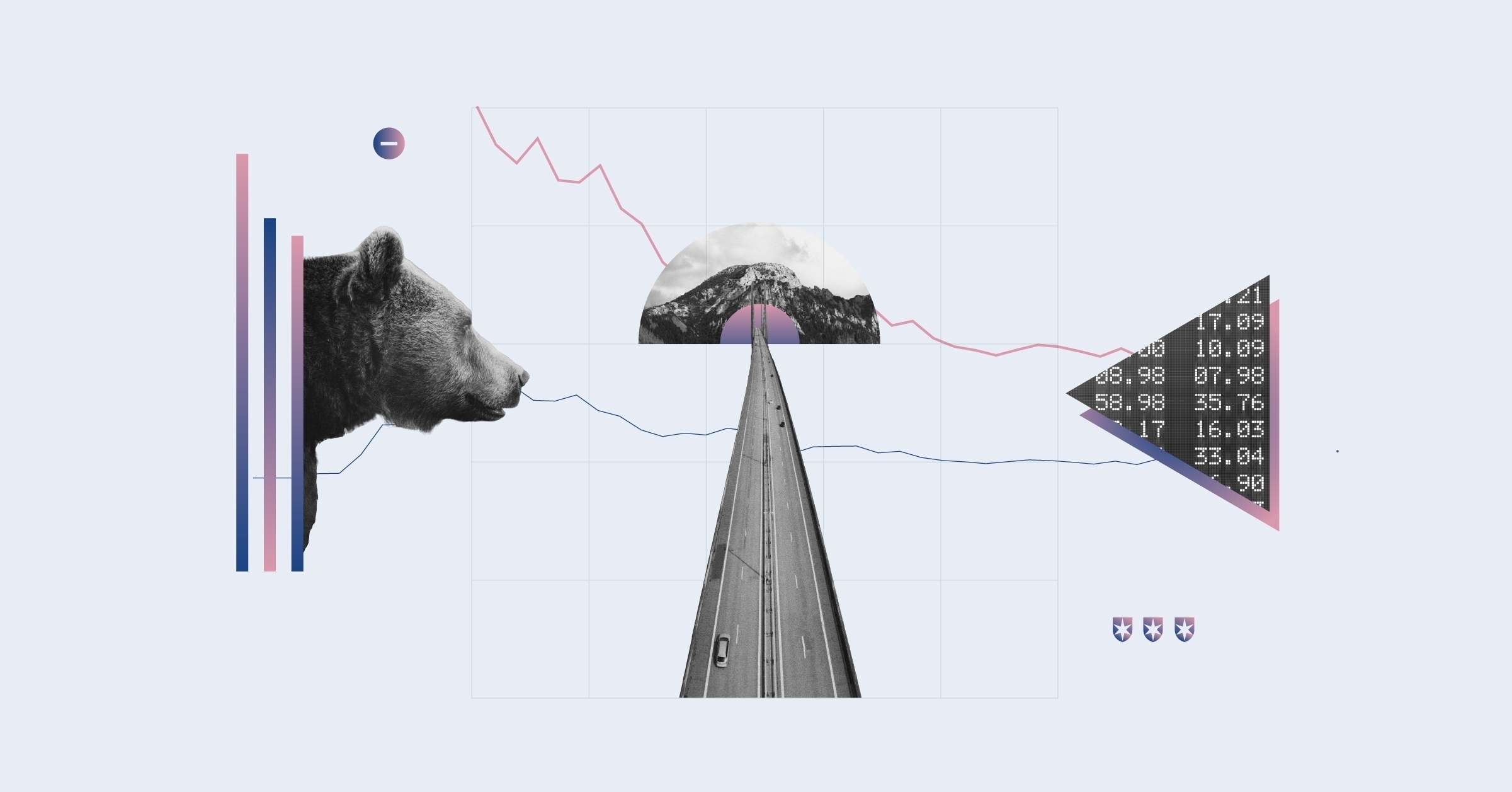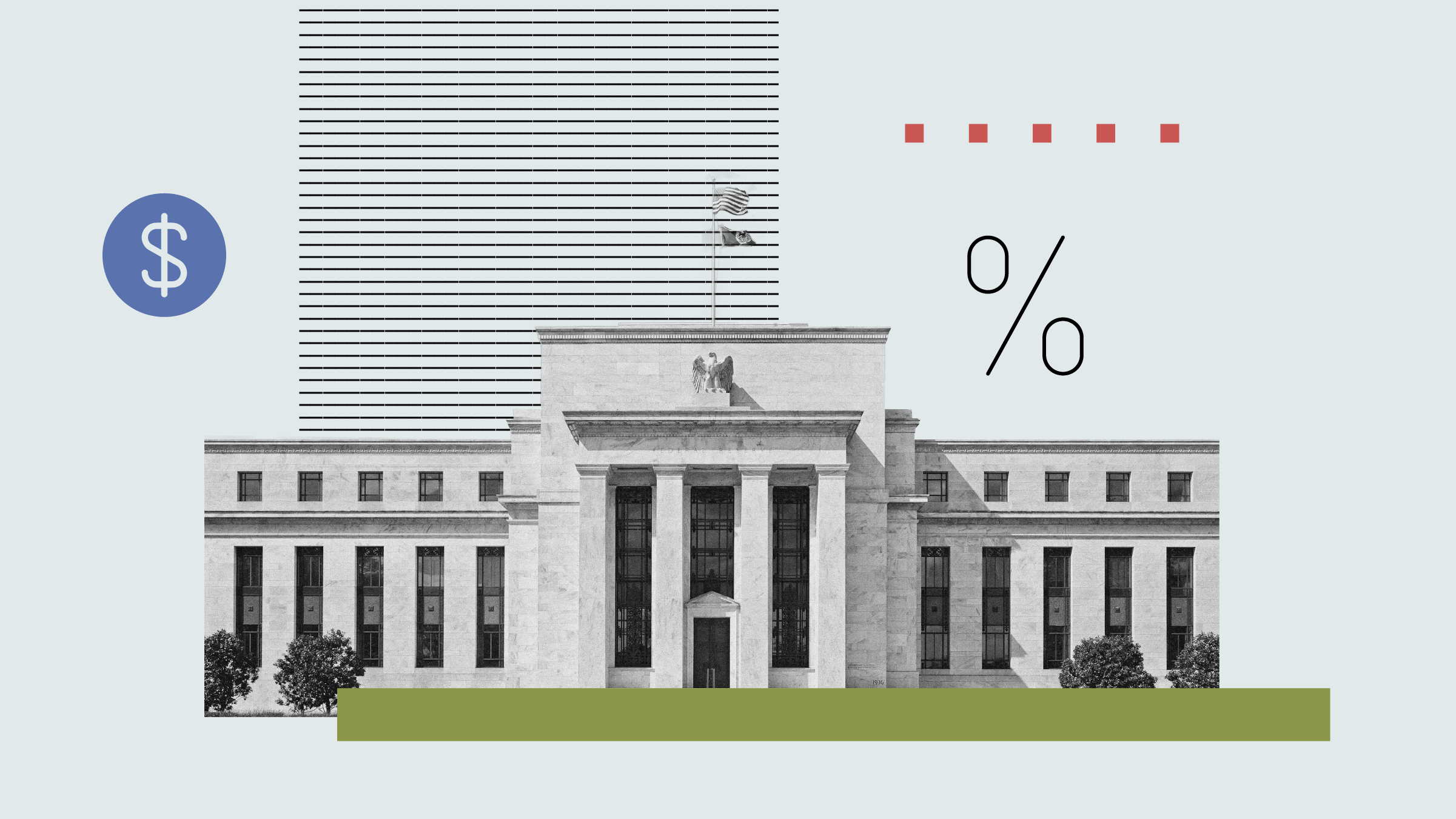Holly Black: Welcome to Morningstar. I'm Holly Black. With me is Jelena Sokolova. She is an equity analyst with Morningstar. Hello.
Jelena Sokolova: Hi, thanks for having me.
Black: So, Jelena, you focus on the luxury goods sector. And this seems to be an area that's going to be very obviously hard hit by what's going on in markets at the moment, particularly as more countries put these measures in place where people are housebound, I would imagine that the purchase of luxury goods falls down the priority list. What are you seeing?
Sokolova: Yeah, I expect the first half of the year to be quite horrible for the whole sector. Because many stores are actually being closed at the moment in many countries across the board. So, the sector revenues are expected to decline pretty severely.
Black: So, a big area of consumption of luxury goods is actually China. And obviously, China's economic production was lower in the first month or two of the year because it was first hit by the virus, but it also looks to be the first to recover. So, could that help the sector?
Sokolova: That would be obviously a positive. I see also based on the commentary from the companies I'm getting that most of the stores in China are being reopened again, the traffic is still quite tepid, but we are seeing some recovery from very low levels. What's also important is that Chinese do buy a lot abroad, 30% to 50% of their buying is actually abroad. So, that part of the demand is still expected to continue being down with all this travel restrictions put in place. However, domestic demand is expected to recover a bit sooner.
Black: Are there any companies in the sector which are better placed than others to withstand what's going on at the moment in the markets?
Sokolova: Well, definitely, from product perspective, I would say that the companies that sell primarily non-seasonal goods such as leather goods, accessories, for example, or jewelry, are better positioned than those that sell seasonal apparel, because if you don't buy a coat in February, you're probably unlikely to buy it in June. So, they are a bit better placed. They could benefit from some pent-up demand as the stores reopen towards the third or fourth quarter.
Black: So, are there any stocks that are coming up in your coverage as now looking to be well valued or even undervalued because of the stock market movements?
Sokolova: Yeah. So, in the beginning of the year, we saw many stocks across luxury sector to be quite richly valued. However, since then the sector has sold off from 5% to 45%. And we see some of that reaction to be excessive. Our long-term forecasts for the sector remain intact, of course, taking into account that our economic forecast for Covid impact for long-term growth is quite limited. So, we expect the sector earnings to rebound quite sharply in 2021. And with that, we also look at some companies that will be attractive, for example, Richemont is trading at around 35% discount to our fair value estimate, very strong liquidity position with around 2 billion in cash on the balance sheet. Then there is Burberry trading also at around 25% discount to our fair value estimate, also strong liquidity position, a little bit less than 1 billion available. Then there is Hugo Boss, which is trading at more than 50% discount to our fair value estimate with quite minimal net debt position. And finally, Swatch, also a narrow moat rated name, strong financials as well, 1 billion in cash on the balance sheet. So, I think that the sector overall is quite moldy, and the companies have quite low debt which would help them whether this crisis.
Black: So, plenty of opportunities for investors who are willing to take a long-term view there. Jelena, thank you so much for your time. For Morningstar, I'm Holly Black.





























